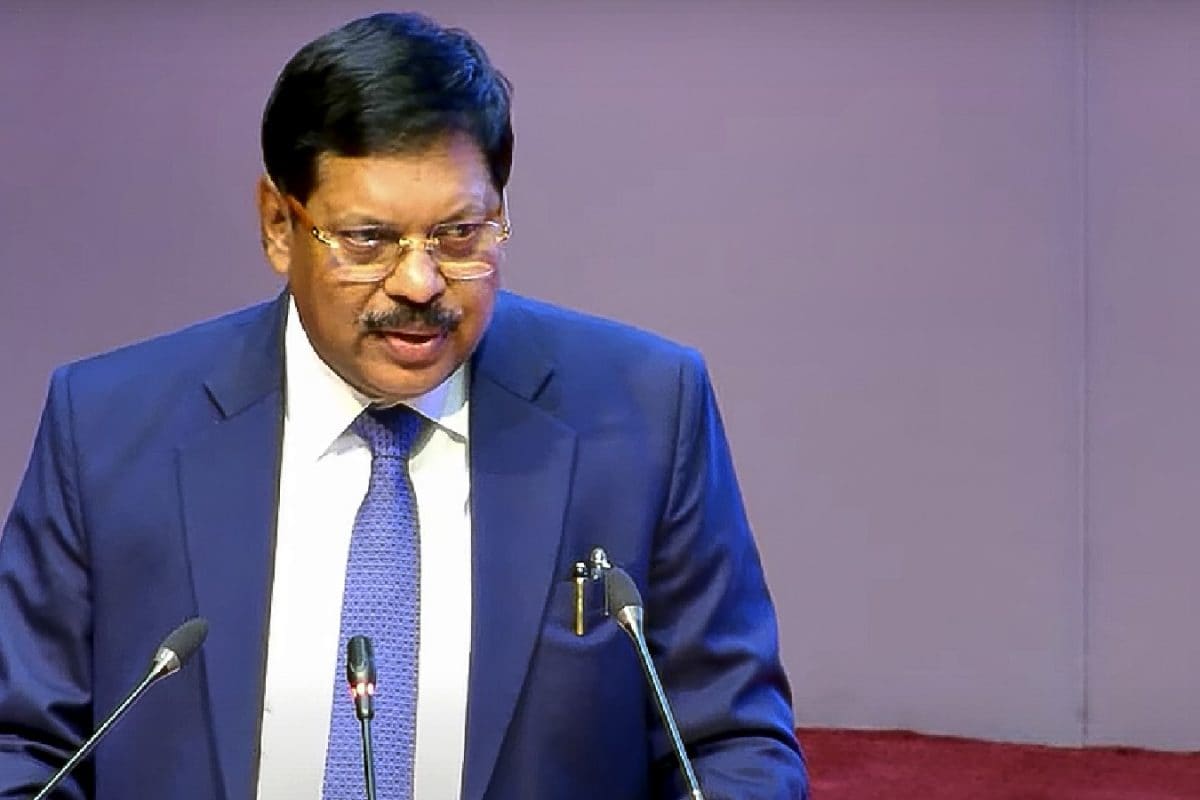

Chief Justice of India (CJI) B.R. Gavai has recently voiced strong concerns regarding the practice of judges accepting post-retirement positions in government or entering politics. Speaking at a roundtable conference at the UK Supreme Court on "Maintaining Judicial Legitimacy and Public Confidence" on June 3, 2025, CJI Gavai emphasized that such actions raise significant ethical issues and could erode public trust in the judiciary.
CJI Gavai highlighted that the timing and nature of post-retirement engagements could undermine the public's trust in the judiciary's integrity. He argued that these roles could create a perception that judicial decisions were influenced by the prospect of future government appointments or political involvement. He pointed out that a judge contesting an election for a political office could lead to doubts regarding the independence and impartiality of the judiciary, as it may be seen as a conflict of interest or an attempt to gain favor with the government.
To set a personal example, CJI Gavai has pledged not to accept any government post after his retirement, emphasizing the need for judges to maintain ethical standards to preserve public confidence. He stated that many of his colleagues have also publicly committed to avoiding post-retirement government roles to uphold judicial integrity. He stressed that the judiciary's legitimacy stems from public trust earned through independence, integrity, and impartiality.
The CJI's remarks come amid a long-standing debate over whether judges should be eligible for post-retirement positions. This concern has been deepened in recent years by Supreme Court and High Court judges taking up roles offered by the executive branch soon after demitting office. Instances of judges accepting positions in tribunals, commissions, or even being nominated to the Rajya Sabha have fueled public debate about judicial independence.
The issue of post-retirement jobs for judges has been a recurring one in India. Legal experts and jurists have expressed concerns about the potential for conflicts of interest and the erosion of public trust in the judiciary. The Law Commission has consistently maintained that judges accepting employment under the government after retirement is undesirable, as it could affect the independence of the judiciary.
A study by the Vidhi Centre for Legal Policy pointed out that a significant number of Supreme Court retired judges have taken up some or the other assignments, including those in the National Human Rights Commission, National Consumer Disputes Redressal Commission, and the Armed Forces Tribunal. This practice has led to observations that tribunals are becoming havens for retired judicial persons, which could influence decisions if the government is a litigant and the appointment authority.
There is no explicit legal ban on post-retirement placements for judges in India. The Indian lawbooks allow retired judges to become chairpersons or members of various tribunals and commissions, but there is no cooling-off requirement. This has resulted in a pattern of immediate appointments as soon as judicial careers end.
Addressing the issue of corruption and misconduct within the judiciary, CJI Gavai stated that such occurrences inevitably have a negative impact on public confidence, potentially eroding faith in the integrity of the system. He added that the path to rebuilding this trust lies in the swift, decisive, and transparent action taken to address and resolve these issues. The Supreme Court has consistently taken immediate and appropriate measures to address misconduct when instances have come to light.
CJI Gavai defended the collegium system for judicial appointments, acknowledging its criticisms but emphasizing that any reform must preserve the judiciary's autonomy from government influence. He also highlighted the judiciary's power of review as a counterbalance to arbitrary governance, essential for public confidence.
The debate surrounding post-retirement jobs for judges underscores the importance of judicial independence and the need to maintain public trust in the judiciary. While the expertise and experience of retired judges can be valuable, it is crucial to ensure that their post-retirement engagements do not compromise the integrity and impartiality of the judicial system.